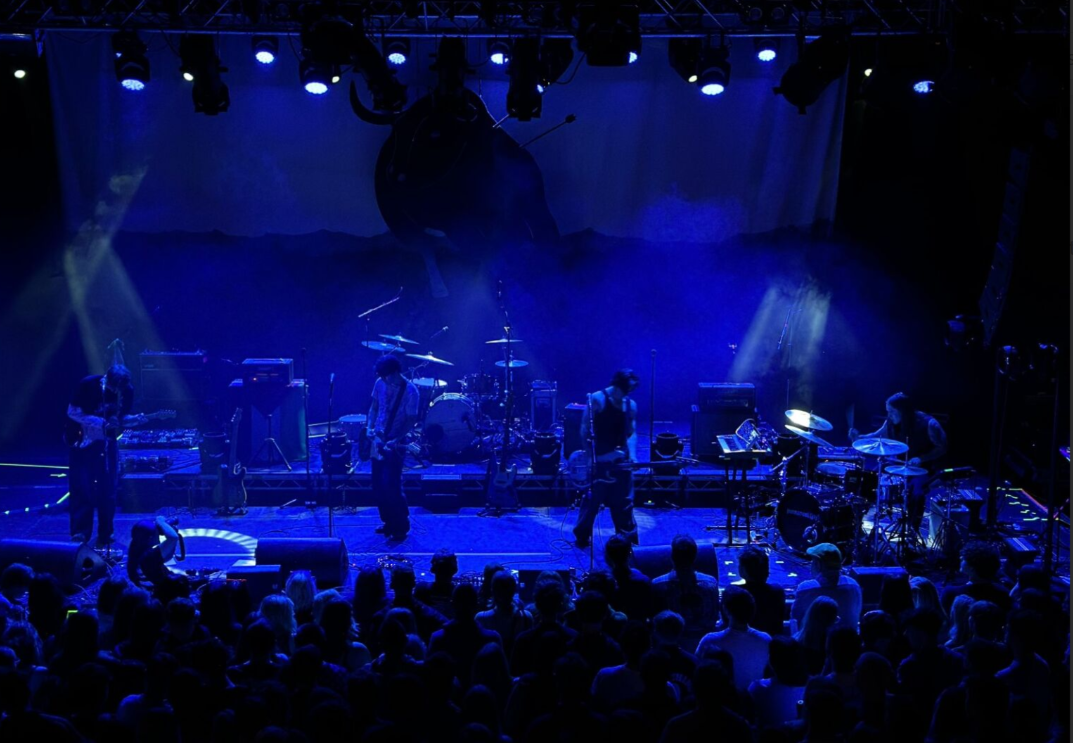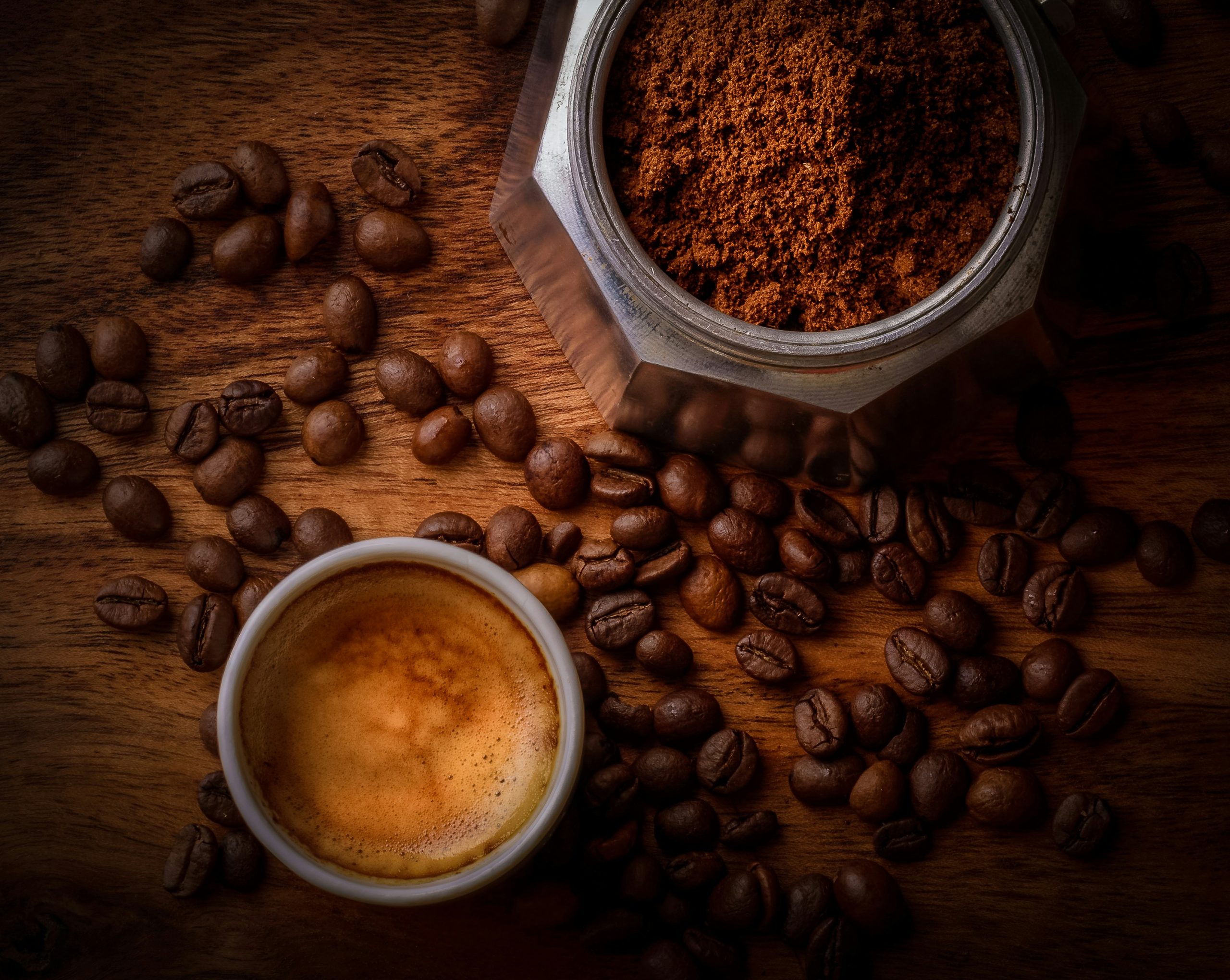Words by Ciera Littleford
What’s it like touring with Life?
Loads of fun. The thing is, loads of people were shocked when I announced they were going to support us. They were like, ÔÇÿwhy have you got a punk band supporting you?’ and I was like, ÔÇÿwe’re both saying the exact same thing’! They’ve made a political album, I’ve made a political album, it made perfect sense to me. And they’ve played with so many other punks bands, I said to them, you want to play with bands that are in different genres. If you have a message you want to tell a lot of people, stop telling the same people. They’ve been finding our shows quite odd, the crowd are stood still, but they’re talking to a new audience. Despite them being a punk band, they’re not throwing TVs about backstage or acting like arseholes, they’re a lovely, polite bunch. It’s loads of fun touring with them, they’re brilliant, they’re one of my favourite bands.
Is it a different reaction or vibe that you’re getting on this album when you’re playing it live?
Yeah, finally we have people moving. We’ve never had that! We used to get a lot of people standing very still, stroking chins, and people are dancing now. It’s a lot more energetic than anything we’ve made before. Last night we were playing in Sheffield, and we played ÔÇÿOut The Way’ and I could see a group of young South Asian men, similar to my heritage, and they were proper going for it, and started Bhangra dancing. I nearly started crying, it was so lovely. The reaction has been awesome. It’s a worry, when you do a political album, that you’re going to divide your audience, or get backlash, but everyone’s been very supportive.
I saw you at Citadel Festival, and there were a lot of people dancing there, including me!
That was one of the favourite ones we’ve played! My favourite thing is when you play for an audience you wouldn’t normally, and loads of people came up to me after the show and said ÔÇÿI really liked that, who are you?’ so we picked up new fans from that. And I nearly fell off stage, that was fun.
Did the lyrics and theme for this album come easily to you?
Yeah! My older brother is a documentary maker and journalist, and he was making this documentary, about four years ago now, and he was on the border between Syria and Turkey in a place called Kilis. He asked me if I’d make the music for it. It was about the effect that the refugee crisis in Syria was having on children, and it was a really harrowing watch. I wasn’t aware of the civil war in Syria at the time, but not many people were because it wasn’t front page news. Of course in 2015 and 2016 it was front page news every day, so it was impossible to write about anything else! My love life pales in comparison to subjects that are that important. There might not be enough, but there are a lot more bands writing about it. Maximo Park, She Makes War, Ghostpoet, Father John MistyÔǪ
 
Did the music come as easily? 
I write the lyrics and the music together, I used to start with a piano and vocal, and now it’s guitar and vocal. I’d take those demos into the studio with Ben [Hillier] who’s playing drums with me ÔÇô he’s my producer and collaborator. He just embellishes what I make. This time, because the lyrics are so political, I wanted the music to be much more energetic otherwise it would be really dour, and I wanted it to instil hope and be uplifting. More Stevie Wonder political than Billy Bragg political. I didn’t want to preach, but I think it’s important to have energetic music accompanying those lyrics, in that it puts a fire in your belly rather than making you feel defeated. We’re reminding people that the refugee crisis is still happening, even though it’s not front page news anymore.
And you’re gaining new listeners all the time, rather than preaching to the converted, I’ve got all my friends listening to you now!
Yeah, the audience is changing all the time. It was always predominantly middle aged white men, who are are lovely audience, but I wanted more women and ethnicities to be there. There’s loads of young women coming to shows now, and I was upset about there not being any before, because I was writing the songs for young women! I support other female artists, and the theme of sisterhood, so it was really important to have women there and now there are loads coming to shows, which is brilliant.
Did you find that moving to London influenced your music at all?
I moved there for music when I was sixteen, because I felt pretty limited in the North East. It was a really male dominated music scene. Not that people were sexist at all, but it was very ÔÇÿbrotherhood’ and ÔÇÿboys in bands’ and I didn’t know many female musicians to make bands with. I moved to London to be a jazz singer, and I sang in Pizza Express restaurants two or three times a week, and I’d get fifty quid, pizza, and a glass of wine. Sometimes I’d get people buying me drinks, but a lot of people were like, ÔÇÿoh, can you keep it down?’
Would you encourage other young women to go out and gig in restaurants?
No! [laughs] I’d encourage any young woman or any young man to go out and gig as much as possible, which is what I did. You build up quite a thick skin with gigs like those, with audiences that aren’t attentive. So, if it’s Pizza Express, play it, if you get paid, play it, it’s rare that you get paid.
 
What’s your favourite venue that you’ve played?
I loved the Brudenell Social Club in Leeds, which we played the other night. It’s a really nice vibe in there. The guy who owns, it, Nathan, gets some really good bands in.


